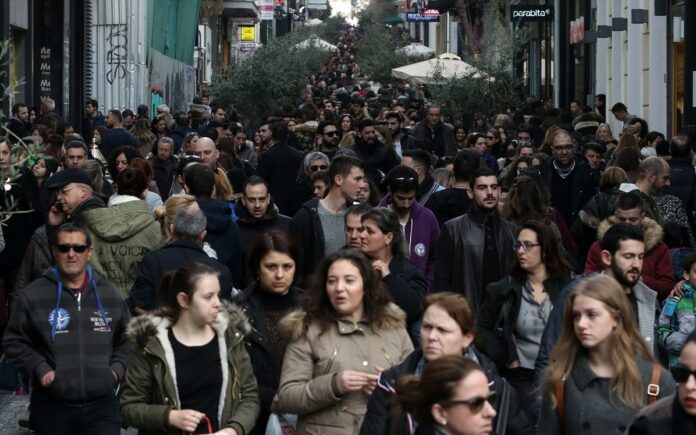Greece’s Council of State, the highest administrative court in the country, this week overturned a 2014 ministerial decision allowing stores to remain open during a certain number of Sundays in a year.
The previous liberalization of store hours came during a pilot phase for three regions of the country and eight urban areas, including the greater Athens area.
The high court’s ruling considers that the specific 2014 decision — taken by the previous center-right coalition government — as unconstitutional, citing what it deems as constitutional rights enjoyed by employees and citizens, in general, through a specific day-off.
However, the first objection brought forth by a majority of justices deals with the administrative process behind the decision, with the ruling stipulating the necessity for a presidential decree instead of the ministerial decision that was taken.
Beyond its interpretation of the voluminous Greek constitution, the CoS underlines that Sunday is a considered a day without compensated labor and one for relaxation, while claiming that it serves the health of citizens “and the normal development of one’s personality via the physical and spiritual renewal offered by a regular day-off for the wage-earner within the week”.
The CoS decision, as expected, was praised by the head of the Hellenic Confederation of Commerce and Entrepreneurship (ESEE), which mostly represents small-to-medium enterprises (SMEs) in the country. ESEE president Vassilis Korkidis referred to a “brake” in the desires of multinational retailers for all 52 Sundays of the year.
“This is a very loud answer to those outside and inside (the country),” Korkidis said.
Small shop owners have long opposed the Sunday opening, claiming only that shopping malls and retail chains enjoy a competitive edge over SMEs with the liberalization in store hours.
Subsequent statements by unnamed government sources said the relevant economy ministry will first study the ruling, but also underlined that the leftist government’s position in the face of the IMF’s standing demand for a full liberalization of Sunday store hours is negative.
“The minister, however, will assume an initiative to amend the law in order to impose general criteria, ones that will determine tourism regions.”
According to market analysts in the hours following the announcement of the ruling, the latter is not expected to affect opening hours of businesses in holiday destinations or city districts close to tourism attractions.














